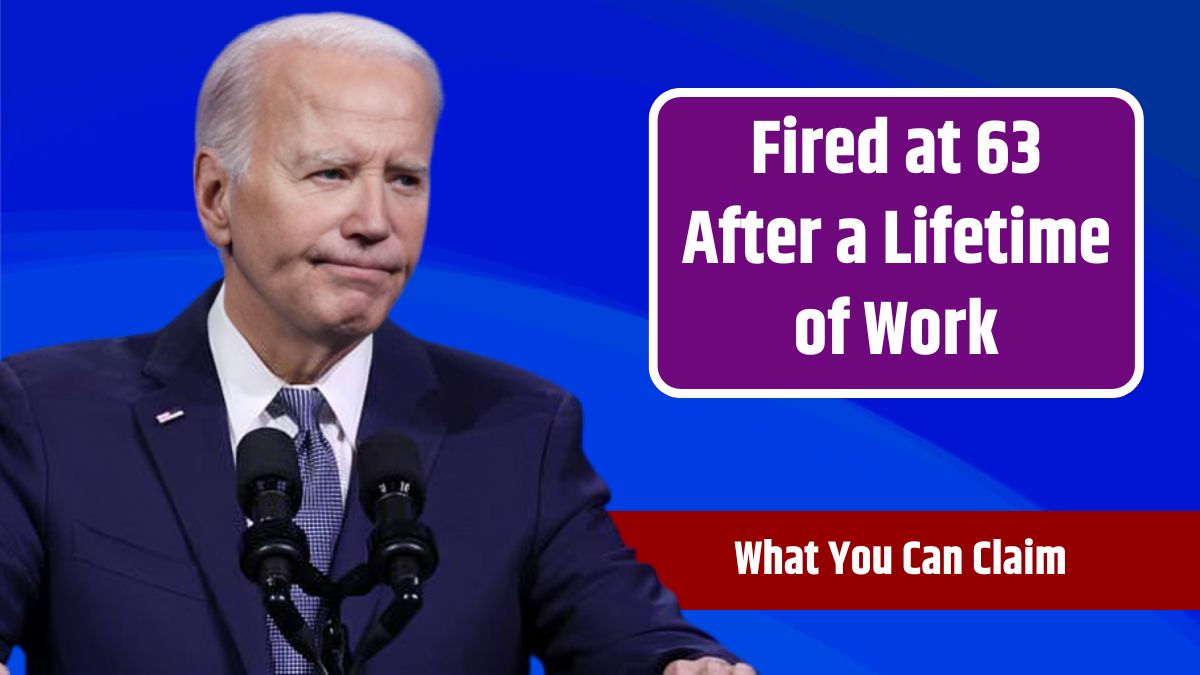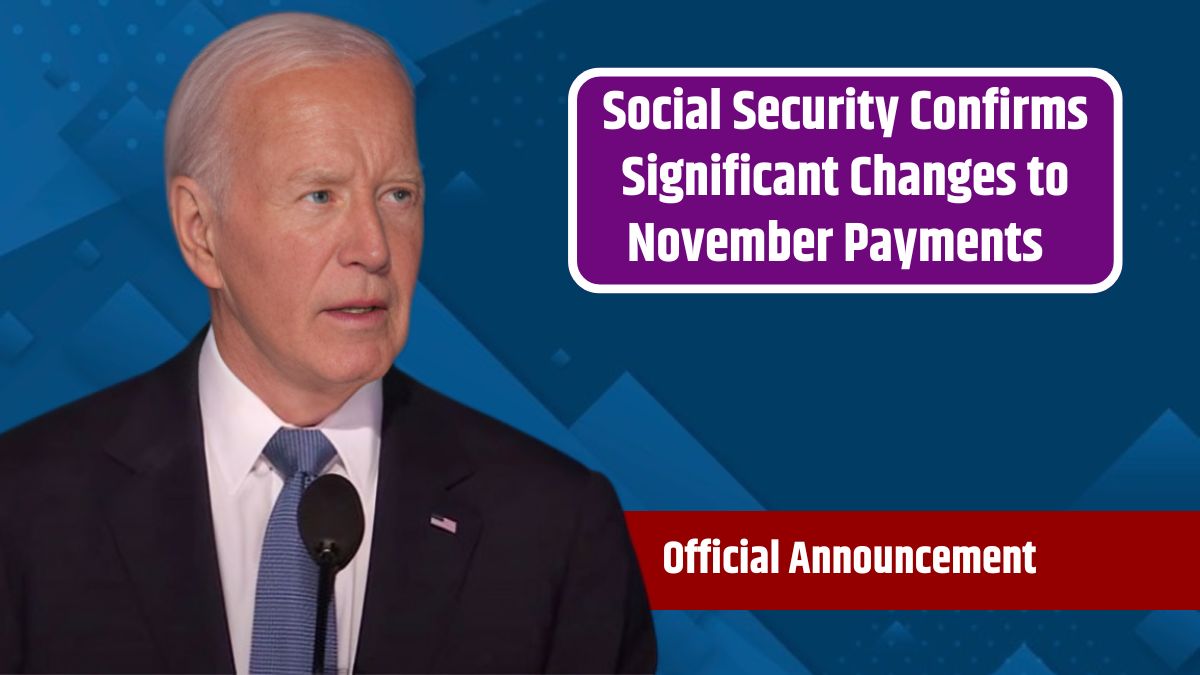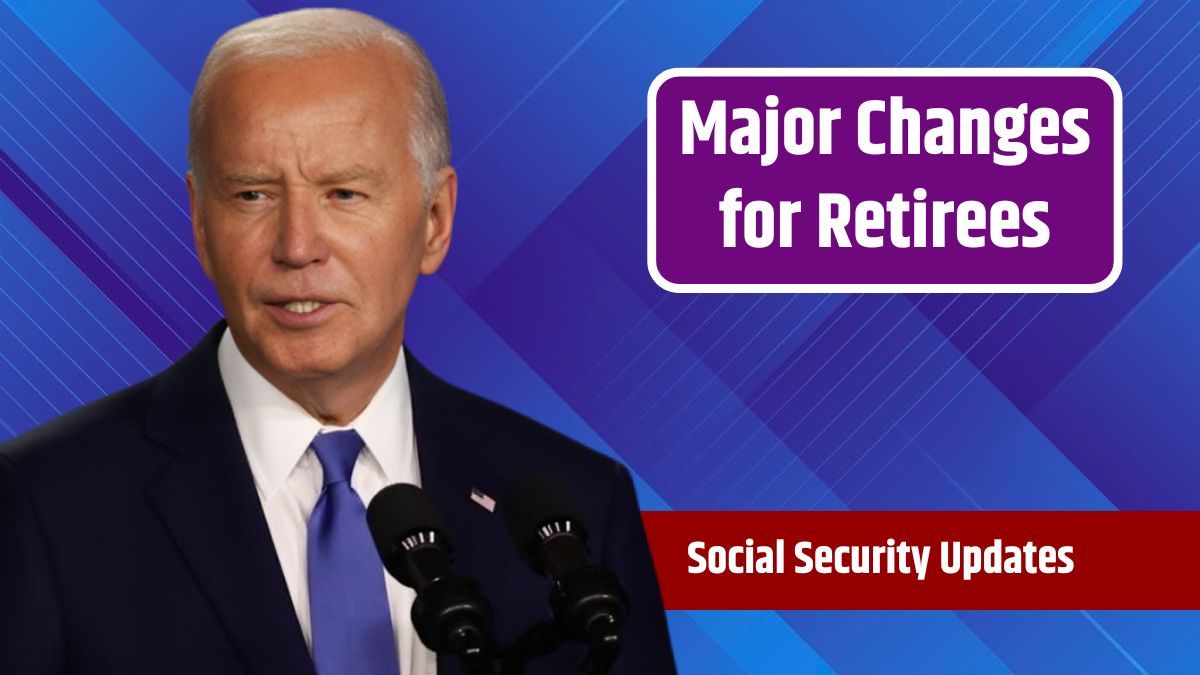Announcing your retirement should be a moment of celebration and anticipation for the next chapter of life. However, some employees find themselves unexpectedly terminated soon after informing their employer of their retirement plans. If you’ve been in this situation, you may wonder if this is legal and what steps you can take to protect your rights.
While it’s common to give your employer a year or two’s notice as a courtesy, sometimes this announcement can lead to your dismissal sooner than expected. If you’ve been terminated after declaring your intent to retire, here’s what you need to know.
Legal Rights
The concept of “at-will employment” is key to understanding your rights in this situation. In most U.S. states, employment is at-will, meaning employers can terminate employees at any time, for any reason, or even without reason, as long as it’s not illegal. This means that, technically, your employer can let you go after you announce your retirement plans.
However, this does not mean you are without legal protections. The law prohibits termination based on certain discriminatory reasons, such as race, religion, age, gender, sexual orientation, or disability.
Unlawful Termination
If you believe your termination was due to illegal discrimination, there are federal laws to protect you:
- ERISA Protections: The Employee Retirement Income Security Act (ERISA) prevents employers from firing employees to avoid their pension benefits from vesting or reaching full status. If you suspect that your employer terminated you to prevent you from receiving pension benefits, you may have a legal case.
- Age Discrimination: The Age Discrimination in Employment Act (ADEA) prohibits firing employees aged 40 and above solely because of their age. If you can prove age discrimination, you could pursue legal action against your employer.
Steps to Take
If you believe your termination was unlawful, consult with an employment lawyer. A lawyer can help you know whether your rights were violated and guide you through the process of filing a complaint or lawsuit if necessary.
Company Policies
Check your company’s retirement policy and any employment contracts or agreements you may have signed. These documents can provide important information on your rights and any obligations your employer might have regarding your retirement announcement.
File a Complaint
If you suspect discrimination, you can file a complaint with the Equal Employment Opportunity Commission (EEOC). The EEOC investigates claims of discrimination and can provide you with resources and guidance on how to proceed.
Financial Implications
Assess your financial situation and adjust your retirement plans accordingly. Consider how your early termination might affect your savings, investments, and Social Security benefits. Taking proactive steps to manage your finances is crucial in this transitional period.
Financial Considerations
Take a close look at your retirement accounts, such as your 401(k) or IRA, to determine how much you have saved and how long it will last. Consulting with a financial advisor can help you make informed decisions about managing your investments and withdrawals.
Unemployment Benefits
In most states, you can apply for unemployment benefits even if you are over 62, provided you plan to continue working. However, keep in mind that if you receive a severance package or draw a pension, this may reduce the amount of unemployment compensation you are eligible for.
Social Security Strategies
Consider delaying your Social Security benefits to maximize your monthly payment. Each month you delay claiming benefits after reaching full retirement age increases the amount you will receive for the rest of your life. If you can afford to wait until age 70, you will receive the maximum possible benefit.
Health Insurance
If you lose your job-based health insurance, you may be eligible for COBRA, which allows you to maintain your current coverage for a limited period. Be prepared for potentially higher costs, as you will need to pay the full premium without employer contributions.
Marketplace Health Plans
Investigate health insurance options available through federal or state marketplaces. These plans can provide coverage that may better fit your needs and budget.
Medicare Enrollment
If you are over 65, you should enroll in Medicare if you haven’t already. Stay informed about any changes to Medicare, especially those scheduled for 2025, as they may impact your coverage.
Final Thoughts
Being terminated after announcing your retirement can be a difficult and unexpected challenge. However, knowing your rights, seeking professional advice, and proactively managing your finances and benefits can help you navigate this situation and protect your retirement plans.
FAQs
Can I be fired after announcing my retirement?
Yes, in most cases, you can be terminated unless it’s for an illegal reason.
What should I do if I suspect discrimination?
Consult an employment lawyer and consider filing a complaint with the EEOC.
Are there laws protecting my pension benefits?
Yes, ERISA protects employees from being fired to prevent pension benefits from vesting.
Can I collect unemployment if I’m over 62?
Yes, you can apply for unemployment benefits if you plan to keep working.
Should I delay claiming Social Security benefits?
Delaying benefits until age 70 maximizes your monthly payment amount.









